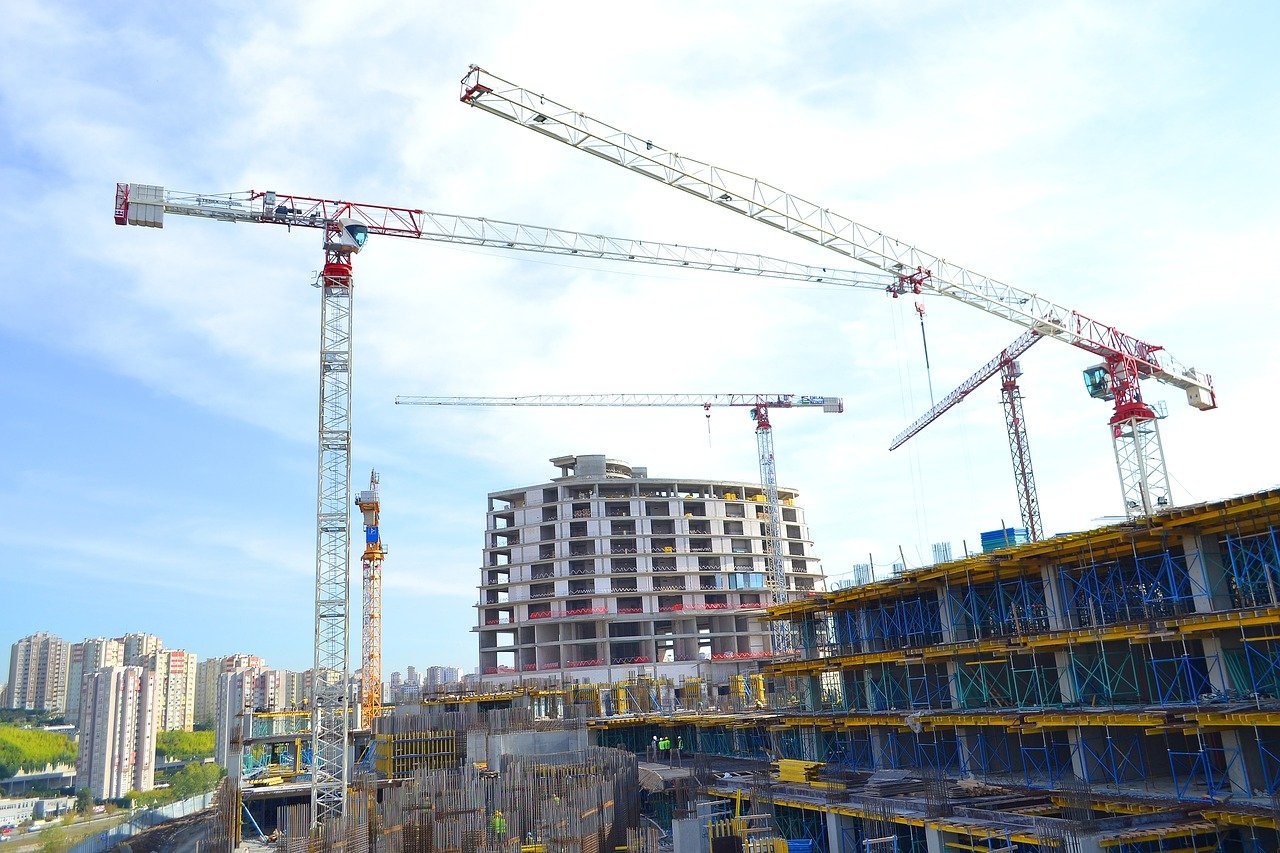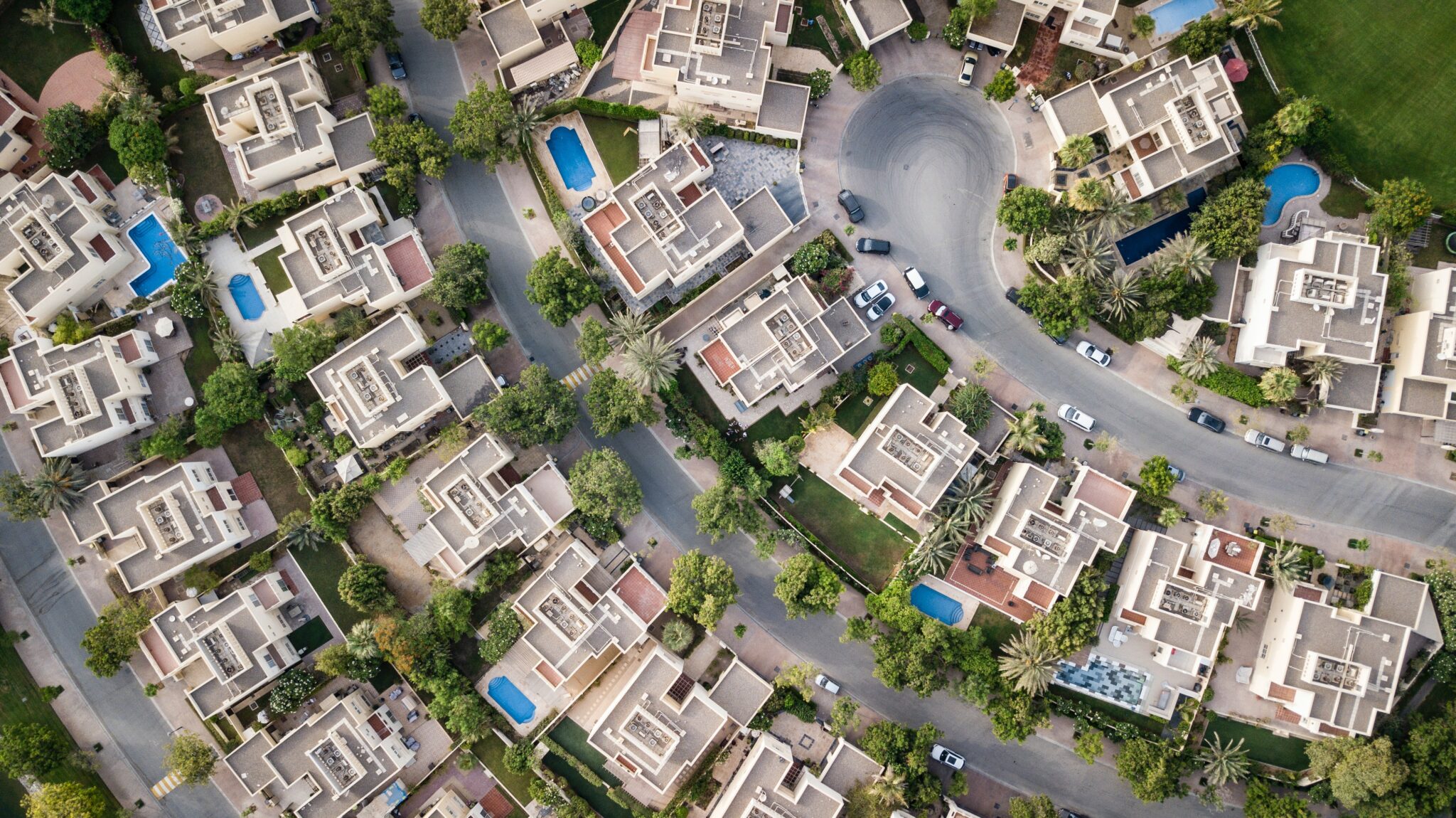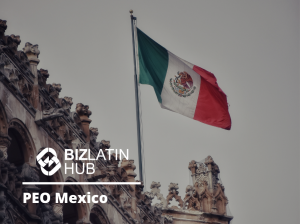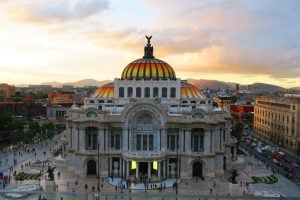Thanks to its varied climate, geographic location and business potential, Mexico is an attractive option for local and foreign investors who want to buy a property in Mexico. With the real estate market projected to reach USD 17.78 billion by 2029, growing at a 4.14% CAGR, and over 1 million Americans already calling Mexico home, the country presents compelling investment opportunities. Citizens, residents and even companies accredited as Mexican can own one or more private properties in the national territory.
Investing in a property in Mexico, whether for residential or commercial purposes, is a smart decision. However, for foreign investors interested in buying real estate in Mexico, there are certain restrictions and special requirements that must be taken into account. In many of these cases, you should have the advice of a local legal expert, and possibly a Public Notary will have to intervene in part of the process.
Here are some important tips to keep in mind if you are interested in buying real estate in Mexico.
1. Identify the best places for buying real estate in Mexico
Depending on the reasons for buying real estate in Mexico (residential or commercial) there are several attractive options to consider according to your needs. Below, we outline are some of the most popular locations.
CDMX- Mexico City
Mexico City ranks first place of the Urban Competitiveness Index as the country’s capital and key business center for national and multinational companies, which generates more labor demand and business opportunities. The city is therefore typically more attractive to local and foreign executives and workers looking to buy real estate in Mexico City. As of Q3 2023, the average property price in Mexico City stands at MXN 3.7 million, with premium areas like Condesa, Polanco, and Roma commanding USD 465-555 per square foot.

The growing offer of properties in Mexico City has made prices increasingly competitive and attractive for locals and foreigners interested in buying real estate in Mexico.
Nuevo León
Nuevo León is recognized as the business capital in the north of the country. The city has grown in recent years and its economic stability makes it a great option for buying real estate in Mexico.
Data from the National Institute of Statistics and Geography (INEGI) suggests Nuevo León is one of the states with the greatest real estate potential. Additionally, it is considered one of the best states to live due to its job offer, cultural wealth and tourist attractions.
Querétaro
Querétaro is one of the fastest-growing states in Mexico, showing great economic potential. It is located close to Mexico City and is a constantly developing state. It is estimated that the value of the houses will rise in the future, making it an excellent long-term investment opportunity.
2. Purchase outside of ‘Restricted Zones’
When buying in real estate in Mexico, you should bear in mind that Mexican law allows foreigners to acquire properties provided that these properties are outside of so-called ‘Restricted Zones’. These Restricted Zones refer to any terrain within 100 kilometers of the border or within 50 kilometers of the sea.

If you decide to buy a property outside the Restricted Zone, you need only comply with the requirements established by the Mexican government. If, on the other hand, the property is in a restricted area, you must make the purchase through a bank trust or a trust institution, which implies additional documentation and procedures.
3. Obtain necessary permissions
If you are not a Mexican citizen or resident, it is necessary to obtain permission to buy real estate in Mexico. The process typically takes between 60-75 days total, with a 14-day due diligence period, up to 45 days for title transfer, and approximately 15 days for closing.
You must request this permission from the Ministry of Foreign Relations (SRE) in the General Directorate of Legal Affairs in Mexico. If you are not in the country to carry out this procedure, you can do it through a trusted legal representative authorized by a power of attorney (POA).
This procedure is carried out online. It is important to have all the required documentation on hand in order to avoid delays in the process. You must provide information regarding the property you want to buy, personal identification data (in most cases your passport) and proof of your address.
Additionally, and as an important part of the process, you must fill out a document in which you waive any protection that the government of your country of origin may provide, in order to consider and comply with the laws of the Mexican government regarding the purchase of your property in Mexico.
4. Visa options when buying real estate in Mexico
You may obtain a residence permit when buying real estate in Mexico. Depending on the amount of money you invest in the property, you may apply for a Resident visa.
Once a property has been purchased in Mexico, it is possible to process a temporary resident visa for the acquisition of real estate. This allows the foreign person to identify as a temporary resident for a period greater than 180 days, for no more than 4 years.

The start of the process must be carried out from a Mexican consular office abroad where you must:
- Present identity documentation
- Pay the process and application fees (costs will be determined by the immigration authority)
- Present, provide the public deed that proves that you are the owner of the property located in Mexico.
Remember: All documentation that is not written in Spanish must be translated by a certified translator.
Subsequently, and if the consulate approves your application, you must continue with the process to obtain your temporary resident visa before the National Institute of Migration, within 30 days after entering the national territory.
Once the temporary residence visa is obtained, it can be renewed for 4 consecutive years. After this time you can choose to apply for the permanent resident visa.
One of the main advantages of acquiring temporary residence when you buying real estate in Mexico is that your immigration status will depend solely on you and will not be linked to any employment or family relationship.
5. Understand property taxes in Mexico
The process and payment of taxes when buying real estate in Mexico are the same for locals and foreigners. If the property you want is outside of any “Restricted Zones”, the purchase procedures will have no additional cost. It’s worth noting that approximately 90% of home purchases in Mexico are cash transactions, though international buyers can access mortgages with rates ranging from 7-9%. Some lenders require a minimum purchase amount of $250,000 USD for their Dream Loans program.
We outline some of the taxes to take into account when buying real estate in Mexico below.
Real Estate Acquisition Tax (ISAI), Real Estate Acquisition Tax (ISABI) or Domain Transfer (Acquisition tax)
This is a local tax reporting directly to the Ministry of Finance. It is the obligation of the buyer, in this case the new property owner, to make the payment of this tax for the purchase of real estate, buildings or land within the entity. The Public Notary in charge of the deed of the property is the one who must withhold the payment.

As it is a state tax, the percentage to pay varies according to each state. In general terms, the rate can go from 1% to more than 4.5%; in some states, the rate may be fixed regardless of the value of the property, while in some other states the rate is progressive, that is, it depends on the value of the property.
Annual Property Tax (Impuesto Predial)
The Property Tax is a charge on a property or real estate, which must be covered by the owner. It is the tax that all property owners must pay regardless of whether it is a home, office, building or commercial premises.
The determination of this tax depends exclusively on each state and its payment must be covered by the owner on a bimonthly basis, or, in some states, payment can be made annually, applying a discount.
Currently, in Mexico City it is not allowed to dispose of properties if they have balances pending payment of this tax, so in case of wanting to sell or buy, it must be verified that the payments are paid on the date of purchase or sale of the property .
Buy real estate in Mexico with the help of local experts
When buying property in Mexico as a foreign investor, you must comply with certain legal and accounting procedures and requirements. With property values showing strong growth of 9.64% year-over-year in Q1 2024, and the national average property price at MXN 1.6 million, the market presents attractive opportunities for both residential and commercial investments. However, proper due diligence is essential.
Key considerations for your purchase process include:
- Construction quality checks, especially important in tropical environments
- Property inspection focusing on concrete block construction in coastal areas
- Documentation requirements including fideicomiso (bank trust) for restricted zones
- Registration with local land registry
- Ministry of Foreign Affairs permissions where applicable
Working with local experts ensures these requirements are met efficiently while maximizing your investment potential in Mexico’s growing real estate market.
At Biz Latin Hub, we have a local team of legal and accounting experts that help foreign companies and individuals interested in buying a Mexican property and / or doing business in the country or in Latin America. We have experience in supporting individuals and companies in complying with accounting and tax requirements.
Contact us for more information on how we can advise you when buying real estate in Mexico or doing business in Latin America.
Learn more about our team and expert authors.





